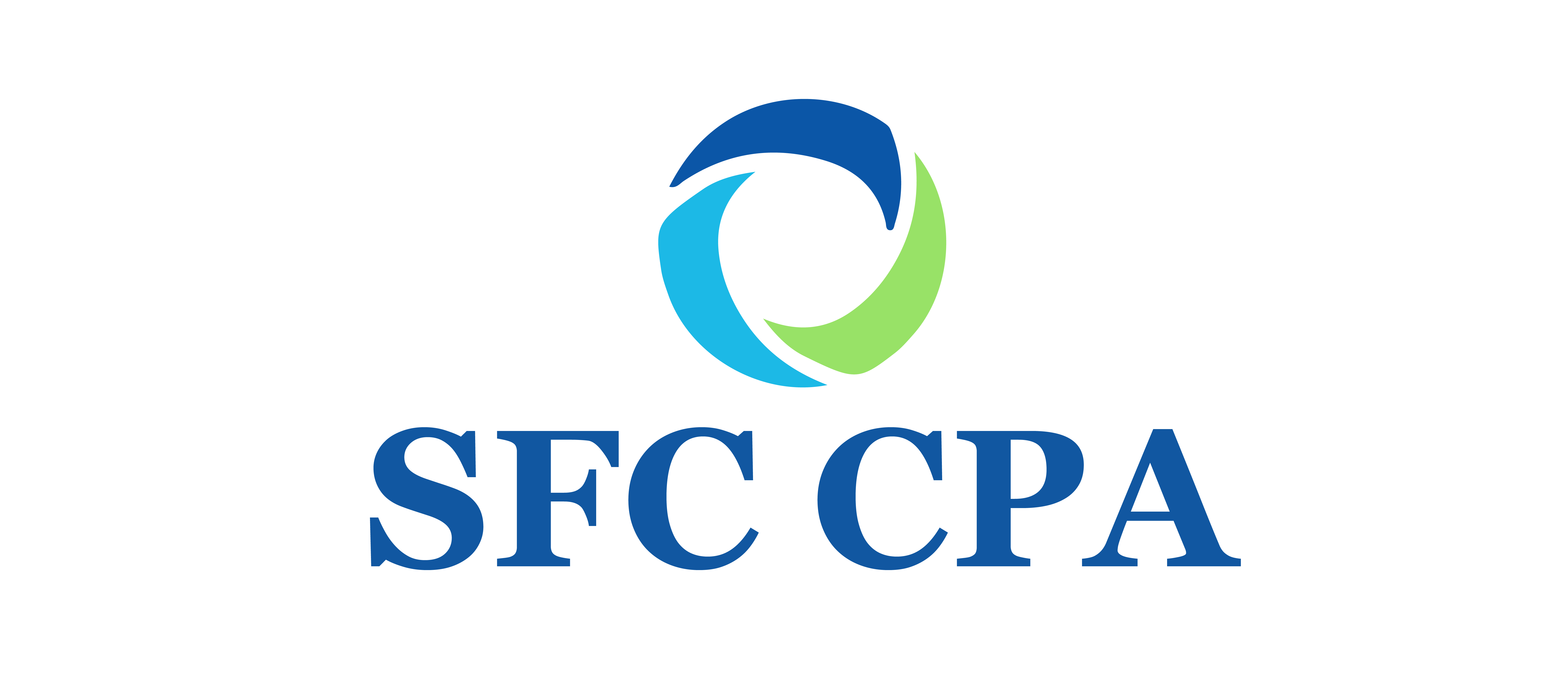Navigating the ever-changing landscape of tax laws and financial responsibilities can be a daunting endeavor. Whether you’re an individual taxpayer, a freelancer, or a business owner, knowing when to schedule a tax consultation can make the difference between smooth sailing and financial headaches. Many people only think about taxes during the filing season, but that approach can be shortsighted and costly. The right time to schedule a tax consultation isn’t a singular date on the calendar—it’s a strategic decision that can be made throughout the year.
The Purpose of a Tax Consultation
A tax consultation is more than just a sit-down with a CPA or tax advisor during filing season. It’s a proactive step toward financial clarity and control. The primary aim is to assess your current tax position, anticipate potential liabilities, and strategize ways to legally minimize tax burdens. These consultations can cover a wide range of areas including income tax planning, deductions, retirement contributions, estimated tax payments, business structure evaluations, and more.
One common misconception is that tax consultations are only necessary for those with complex financial situations. While it’s true that high-net-worth individuals and business owners often benefit greatly, even salaried employees can uncover opportunities for tax savings or compliance improvements. The reality is that almost everyone can benefit from a timely consultation, and waiting until the tax deadline approaches can significantly reduce the benefits a professional can offer.
Why Waiting is Dangerous
One of the most important reasons to schedule a tax consultation early—or even periodically throughout the year—is to avoid the pitfalls of procrastination. Delaying a tax review until the last minute can result in missed deductions, unexpected tax liabilities, and limited time to make necessary financial adjustments. In extreme cases, it may even lead to penalties or audits due to overlooked compliance issues.
Waiting is dangerous because the U.S. tax code is vast, intricate, and frequently updated. By the time tax season rolls around, it might be too late to implement changes that could have positively impacted your return. For example, retirement contributions, charitable donations, and certain business expenses often need to be executed before year-end to be counted. A rushed review can miss these opportunities entirely.
Moreover, if you have had any significant life changes—like getting married, having a child, buying property, or changing jobs—a tax consultation ensures that you’re aware of how these events affect your tax liability. Business owners face even more complex situations like inventory changes, payroll tax compliance, and shifting tax brackets. Proactive tax planning allows for adjustments and strategic moves to mitigate risks and enhance savings.
The Best Times to Schedule a Tax Consultation
Rather than viewing tax consultations as a once-a-year event, consider integrating them into your financial planning routine. Certain key times during the year can be especially beneficial.
One of the most opportune moments is mid-year, typically around June or July. By this point, you’ve had six months of financial activity that can be reviewed and analyzed. A mid-year check-in allows time to course-correct if your estimated tax payments are off track or if your income has changed unexpectedly.
Another crucial time is at the end of the year—between October and December. This is when final decisions need to be made to optimize your tax position before the year closes. From adjusting W-4 withholdings to making last-minute contributions to a 401(k) or IRA, this window offers a chance to act before it’s too late.
For business owners, quarterly reviews are highly recommended. With fluctuating revenues, evolving expenses, and various credits or deductions available throughout the year, quarterly tax consultations ensure ongoing compliance and help to maintain steady cash flow.
Additionally, any time you experience a major financial event—such as receiving an inheritance, selling assets, or launching a new business—it’s wise to consult a tax professional. These events can significantly alter your tax liability, and planning ahead can prevent surprises.
Asking Questions Can Help Relieve Stress and Burden
One of the most overlooked benefits of a tax consultation is the peace of mind it brings. Taxes are notoriously stress-inducing, and the fear of making a costly mistake often looms over taxpayers. But asking questions, no matter how basic or complex, can help relieve stress and burden.
A tax advisor is trained not only to understand the law but to explain it in a way that’s accessible and actionable. Whether you’re unsure about claiming a home office deduction, wondering if a side hustle needs to be reported, or confused about your withholdings, asking those questions during a consultation provides clarity. This proactive approach builds your financial confidence and reduces the anxiety that often comes with tax season.
Furthermore, a good advisor will not only answer your immediate questions but also bring attention to issues you might not have considered. For example, they might notice that your current withholding rate is too low or that you’re eligible for credits you weren’t aware of. In many cases, the insight gained from a single consultation can pay for itself several times over.
Knowledge is power, and tax consultations turn uncertainties into actionable steps. Whether you’re feeling overwhelmed or simply unsure of what you don’t know, seeking expert guidance is an investment in your future peace of mind.
Taking Control of Your Financial Future
Scheduling a tax consultation is more than a calendar appointment—it’s a statement that you’re taking control of your financial future. In an economic environment where laws shift, markets fluctuate, and personal circumstances evolve, a strategic approach to taxes is essential.
The benefits of early and regular tax consultations compound over time. You’ll not only minimize your tax liability but also make better financial decisions, optimize your income, and feel more prepared for whatever lies ahead. As your financial goals change—buying a home, sending kids to college, preparing for retirement—a tax advisor becomes a key partner in planning each stage effectively.
In short, the best time to schedule a tax consultation is before you think you need one. Don’t wait for a tax problem to arise before seeking help. By acting early, asking the right questions, and staying informed, you’ll transform tax season from a time of dread into a time of confident decision-making. Remember, when it comes to taxes, being reactive costs money—being proactive saves it.
Make it a habit, not a last-minute chore. Reach out to a trusted tax advisor today and set the foundation for long-term financial well-being.

